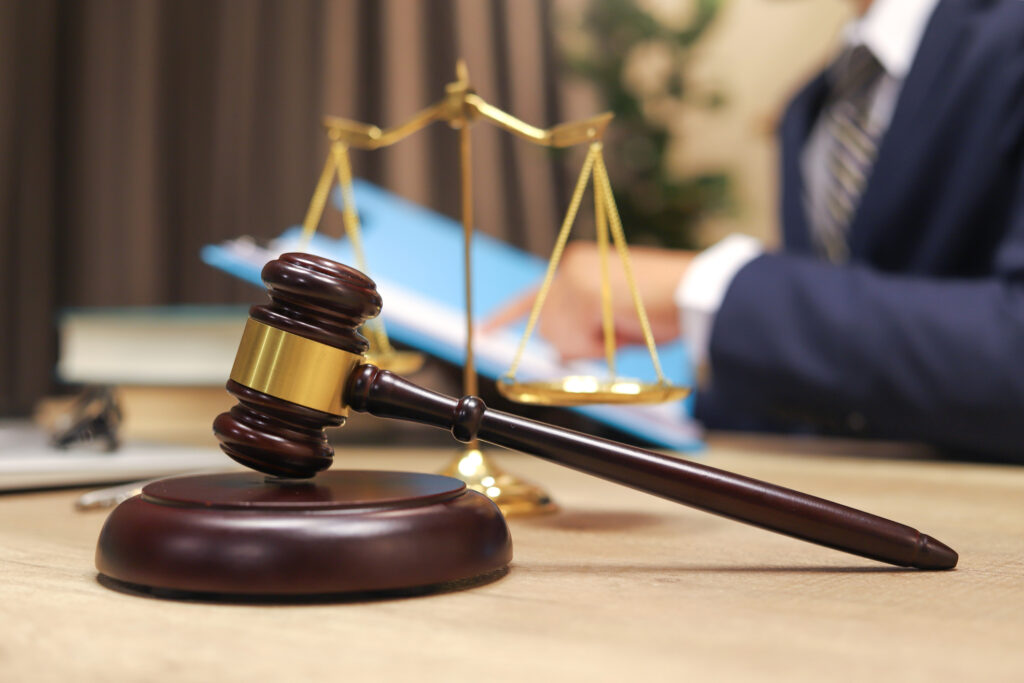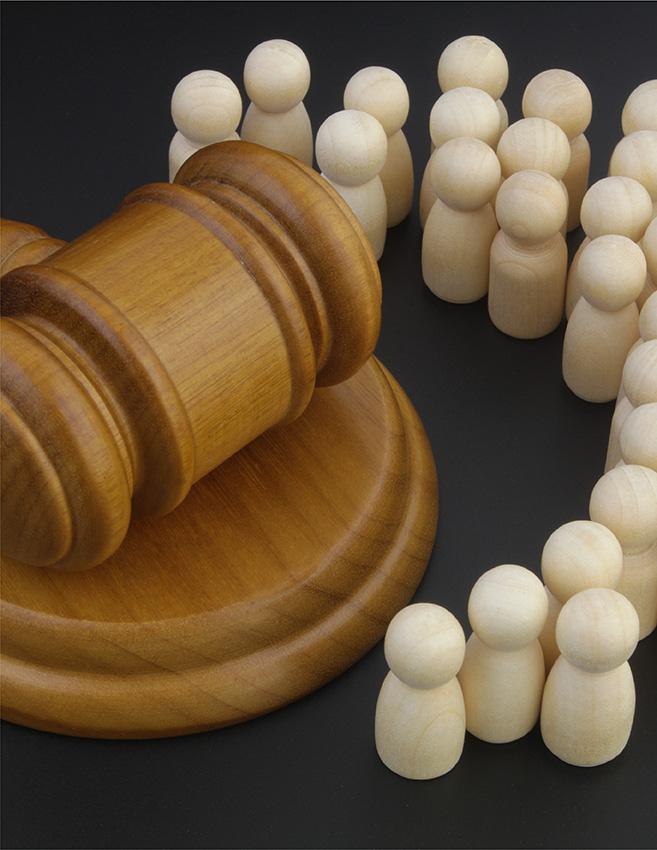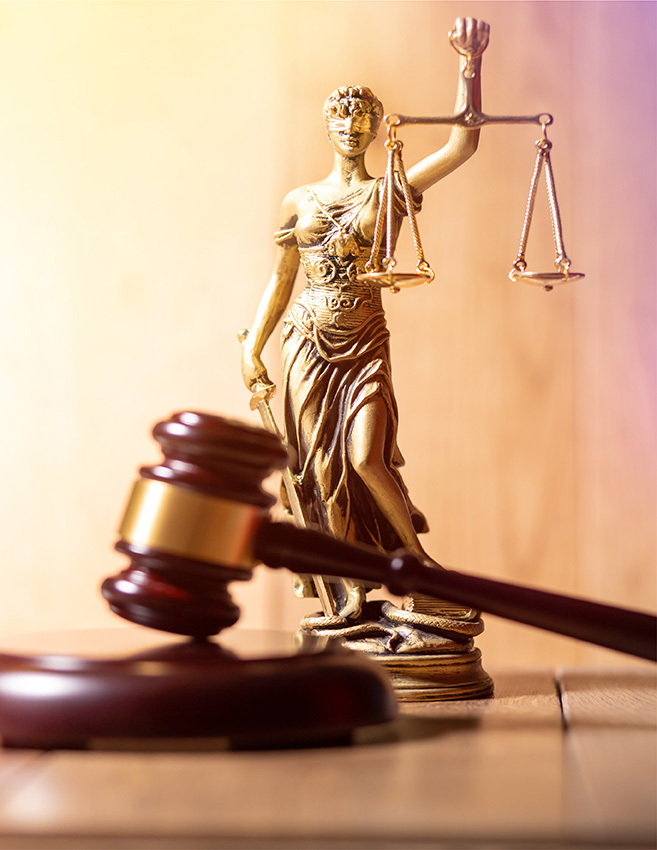- The new hit reality show Jury Duty, on Amazon’s Freevee network, follows the inner workings of a jury trial through the eyes of a juror, Ronald, who is unaware that everyone in the courtroom is an actor, and the case is fictional.
- By serving on a jury, citizens from all walks of life can play an active role in the administration of justice, as demonstrated on Jury Duty.
- There are three similarities between real-life jury duty and the TV show: Jurors make outrageous excuses to get out of jury duty; jurors may be isolated from the public; and every jury has a leader.
By blending the real-life scenario of service on a jury with the humor of a hidden camera TV gag, the new viral show Jury Duty, successfully captures the elements of the American judicial system, making it educational and amusing for viewers. The mockumentary-style reality TV show follows the inner workings of a hypothetical jury trial through the eyes of a juror, Ronald, who is unaware that everyone in the courtroom is an actor, and the case is fictional. The show chronicles Ronald’s reaction to a series of scenarios that, surprisingly, could happen during a jury trial.
In real life, jury duty is an essential part of the U.S. judicial system and a privilege of our democracy. By serving on a jury, citizens from all walks of life can play an active role in the administration of justice. The TV show Jury Duty takes a lighthearted approach at cinematizing what might happen when jurors of different backgrounds are brought together to decide the outcome of a civil trial for three weeks. You might be surprised to learn that some of the most interesting scenes from the show are true representations of what can happen in the courtroom.
Here are three similarities between Amazon Freevee’s Jury Duty and actual jury duty.
- Jurors Sometimes Make Outrageous Excuses to Get Out of Jury Duty: The first episode introduces us to the voir dire process, or the jury selection process for those of us without a law degree. Voir dire is conducted to determine the qualifications, biases, and suitability of potential jurors to serve on a particular case. Like a real trial, the show portrayed potential jurors attempting to avoid being selected. In one instance, a potential juror said he couldn’t serve due to lower back pain in his C4 and C5 vertebrae. Not to be bamboozled, the judge responded that the C4 and C5 were by his neck and asked him to sit down. On the contrary, while one potential juror was dismissed because “it just wasn’t her thing,” we don’t recommend trying that strategy.
- Jurors Occasionally May Be Isolated From the Public: In Jury Duty, after a storm of paparazzi ignites chaos in the courthouse around actor and juror James Marsden, the judge decides to sequester the jurors or keep them away from the public and press during the trial. The jurors are required to turn in their cell phones and stay in a hotel for the duration of the trial.
While the jurors in the show were mandated to sequester for the three-week trial, it is important to know that this is extremely rare. In most jury trials, jurors are permitted to go home at the end of the day and return the next morning. However, in some extremely rare cases, the judge may request to isolate the jurors throughout the entirety of the trial to ensure jurors are not influenced by outside opinions like friends, family, social media, or journalists. - Every Jury Has a Leader: In all jury trials, one of the jurors is chosen to serve as the foreperson, or the spokesperson, for the jury during interactions with the court. For example, in ‘Jury Duty,’ the judge chooses Ronald, who reluctantly accepts, to speak on behalf of the jury. As depicted in the show, it is the foreperson’s responsibility to maintain order and see that discussion during deliberations is carried on freely. However, in a real trial, the selection process may vary depending on jurisdiction and presiding judge. Often, the jury votes to select one of its members.
Jury service is a tangible way to fulfill our civic duty and actively participate in our democracy. While serving on a jury is often regarded as an obligation and a serious responsibility, Jury Duty brings light to the more enjoyable elements of the experience, like flexing your investigative muscles, becoming friends with different people, learning more about the legal process, and even possibly getting a few days off work!
According to the U.S. Chamber of Commerce Foundation, new federal data exposes a lack of knowledge about history and civics, like our responsibility to serve on a jury, that spans generations. A strong economy and fair legal system are built on the foundation of informed citizens. By portraying the selection process, the deliberations, and the impact of jurors’ decisions, Jury Duty offered viewers a peak behind the curtain of how civil trials work and emphasized the importance of citizen participation in upholding justice.
Image Credit: Amazon Freevee



